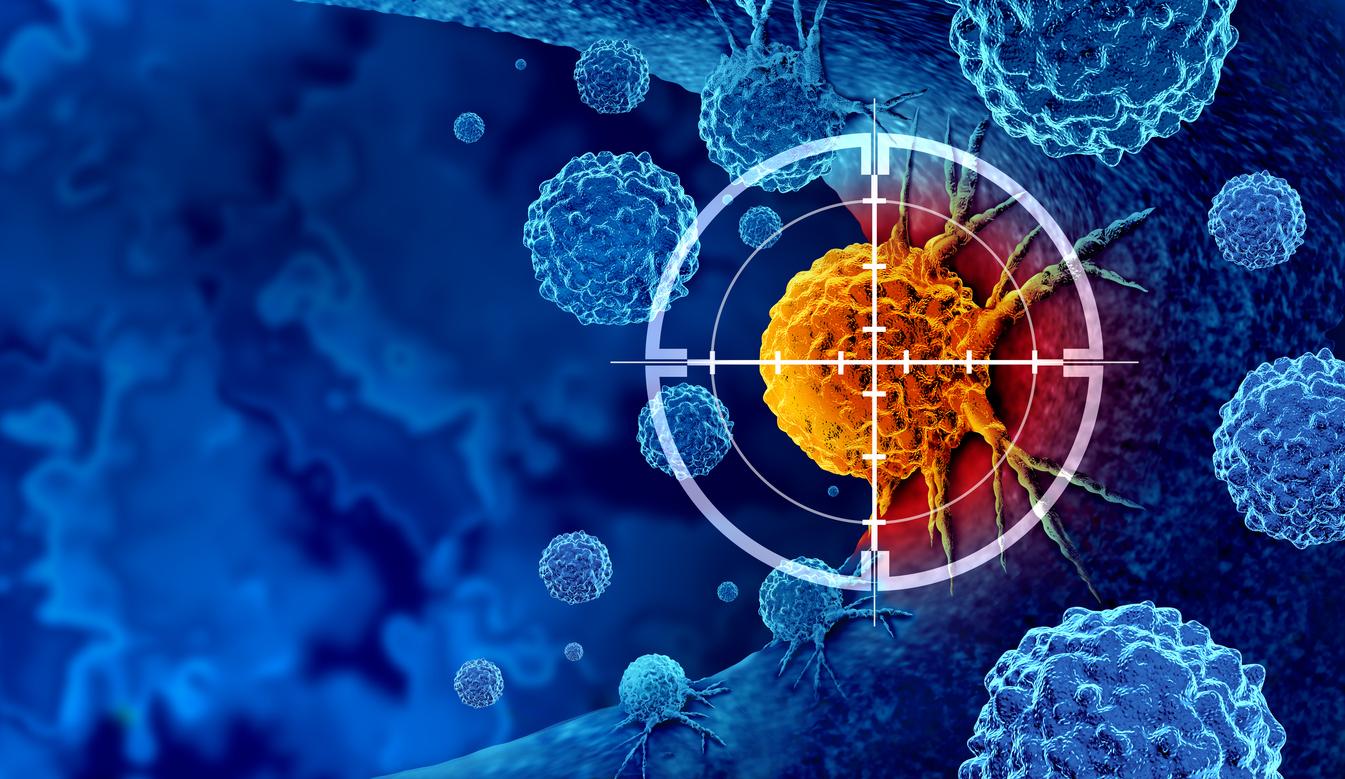Hopes for a universal cancer vaccine are rekindled by a German study. Its authors have developed immunotherapy that strengthens our defenses.

A vaccine against cancer: this is the “holy grail” of medicine, if we are to believe some. Their quest will undoubtedly find more success than that of the Knights of the Round Table. It is still far from coming to an end, but a study in Nature gives a glimmer of hope. A vaccine has been administered successfully to three patients with malignant melanoma.
Train the immune system
In normal times, “cancer cells are similar to healthy cells in many ways, so the immune system avoids attacking them,” Jolanda de Vries and Carl Figdor explain in a report. remark associate. The vaccine, developed by Johannes-Gutenberg University in Mainz (Germany), works as an immunotherapy. Concretely, the researchers extracted fragments of aribonucleic acid (RNA) of cancer cells and have embedded them into nanoparticles so that they look like viruses or bacteria. The immune system is thus able to recognize them.
Several series of tests have been carried out on mice, with different parts of the RNA, in order to determine which one acts on the immune system. To do this, the researchers marked the cells with a phosphorescent substance.
A flu-like condition
As early as 20 days, the tumors began to recede in the mice treated with the vaccine. After a month, they were all in remission while the others were dead. Thanks to these convincing and stable results in animals, the researchers were able to move on to trials in humans. They recruited three patients with malignant melanoma, who received a first low dose, then four higher weekly doses.
All three people responded to treatment by producing T lymphocytes, which target cancer cells, and interferons alfa. The body’s reaction is therefore similar to what happens during a bacterial or viral infection. In fact, the side effects were mostly flu-like.
A universal vaccine?
The main goal was not to fight cancer. But in one patient, the tumor receded after vaccination. The second, operated on before the injection, was still in remission seven months later. The last participant, who had eight tumors and metastasized to the lungs, did not grow again after treatment.
The advantage of this approach, the authors argue, is that the vaccine is “quick and inexpensive to produce.” “Virtually any tumor can be encoded by RNA,” they add. The idea of a universal vaccine therefore seems within reach. But many years of additional work will be needed before this can be achieved.
.

















